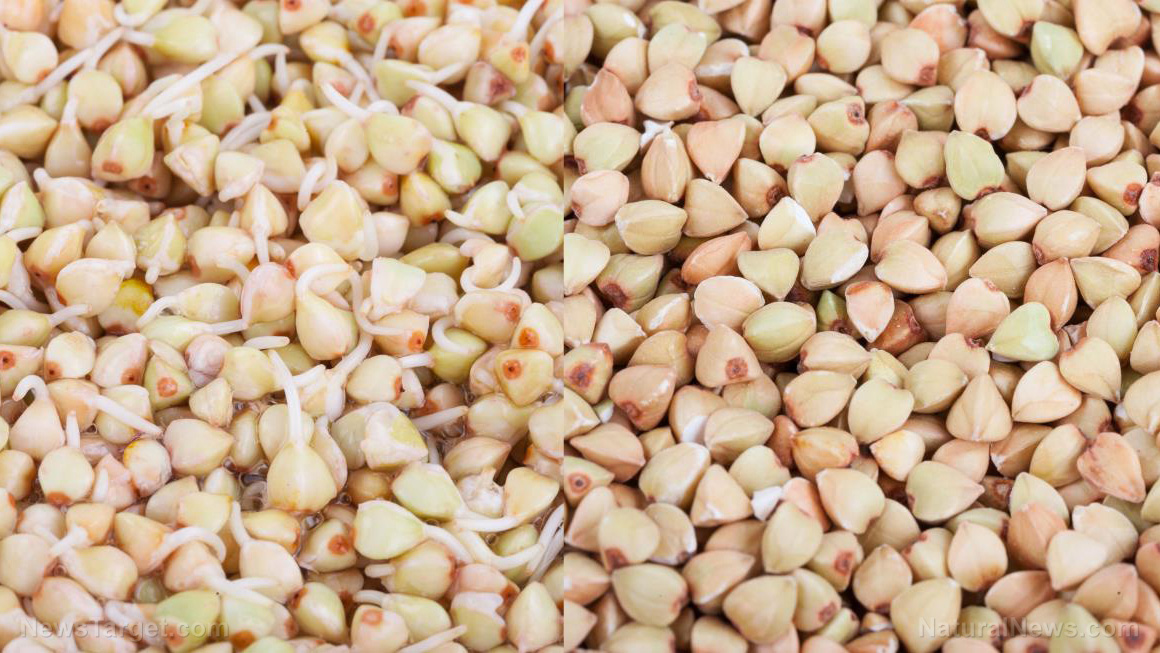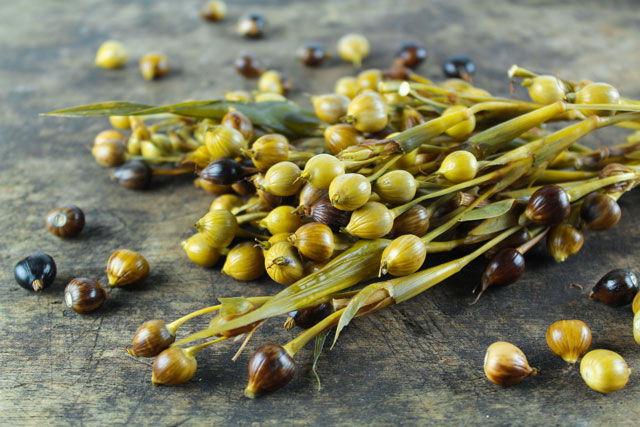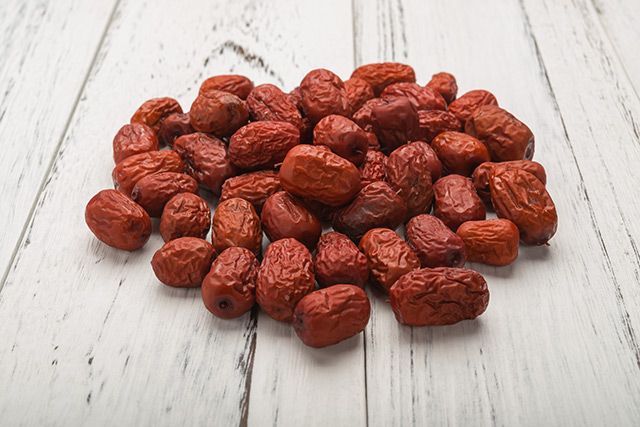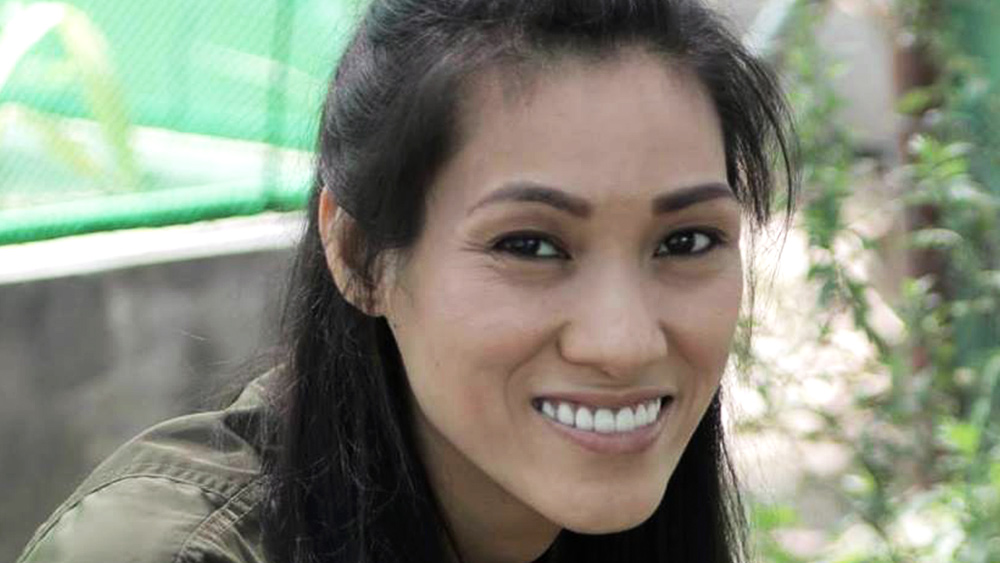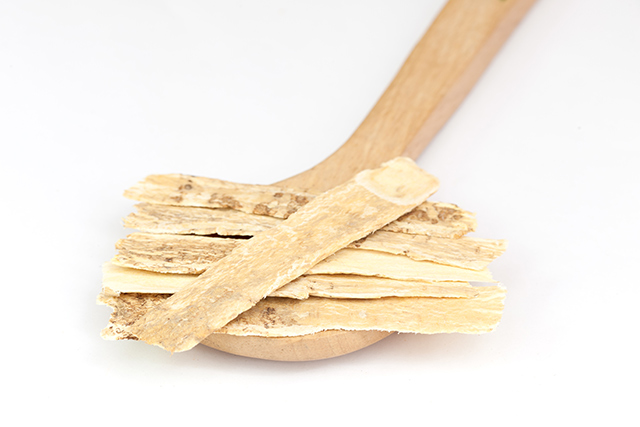Cancer industry frustrated that children treated with chemotherapy aren’t getting enough HPV vaccines
09/21/2017 / By Tracey Watson
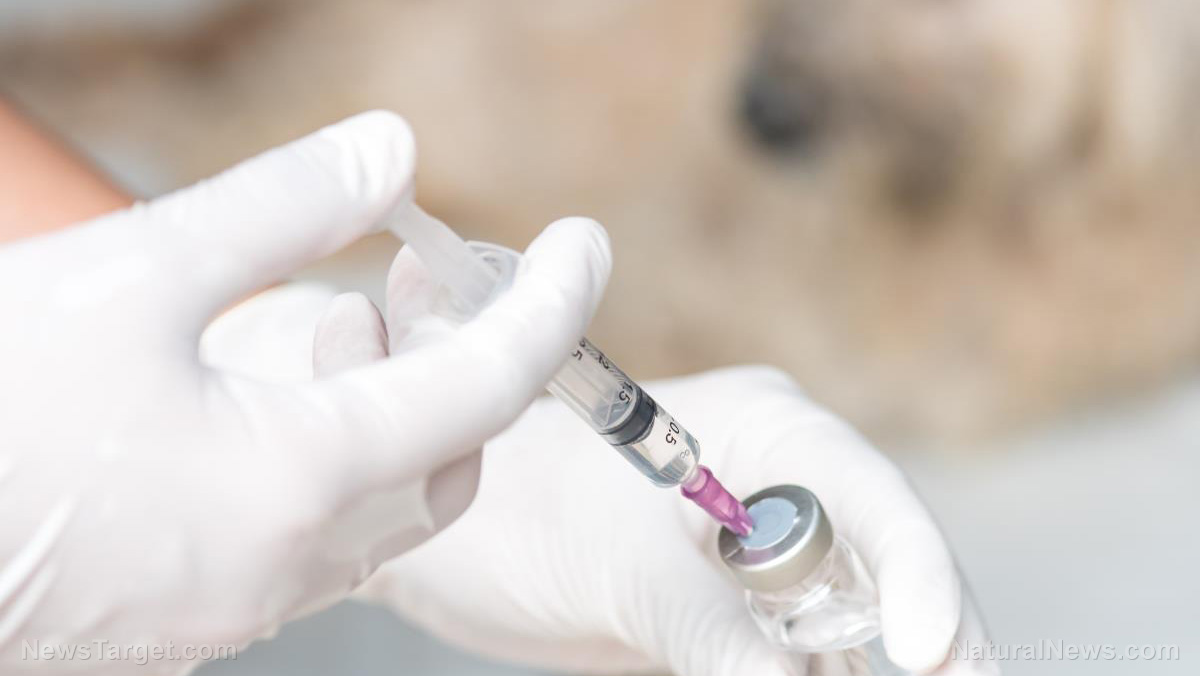
The Advisory Committee on Immunization Practices, the panel that makes vaccine policy recommendations for the mainstream medical community, has for several years now been pushing for the routine HPV vaccination of young boys and girls. Their recommendation has also been endorsed by many other health organizations. Along with the rest of the adolescent population, these groups want to see all young cancer survivors receiving their HPV immunizations.
A recent study conducted by a team from the Department of Psychology at St. Jude’s Children’s Research Hospital in Memphis, however, indicates that this particular group is not obediently following the rules.
The study, which was published in the Journal of Clinical Oncology earlier this year, sought to determine what HPV vaccination rates are among adolescent cancer survivors – a group that the research team claims is at “increased risk for cancers associated with the human papillomavirus.”
According to the Centers for Disease Control and Prevention (CDC), HPV is the most common sexually transmitted disease in the country – so common, in fact, “that nearly all sexually active people get it at some point in their lives.” The CDC estimates that 90 percent of sexually active men, and 80 percent of sexually active women, are infected with the virus during their lifetime.
For most people, the disease clears up on its own and causes no long-term health issues. Nonetheless, the CDC wants all kids to get the HPV vaccine when they are 11 or 12 years old.
With a disease so common that it affects virtually every sexually active person alive at some point in their lives, it’s hard to understand how the St. Jude’s team has determined that young cancer survivors are at increased risk of contracting the disease if they are not vaccinated.
Whatever their methodology in that regard, they set forth to crunch the vaccination numbers, and this is what they found after a national survey:
Of the 982 childhood cancer survivors surveyed, researchers found 23.8 percent of 13- to 26-year-olds reported having received at least one of the recommended three doses of the HPV vaccine that are recommended for cancer survivors. That compares to 40.5 percent of U.S. residents the same age. Just 13.5 percent of cancer survivors reported being fully vaccinated against HPV, compared to 20.8 percent of their peers in the general public.
“The HPV vaccine is an important tool to help us keep our kids safe because it significantly lowers the risk of HPV-associated cancers in the future,” said James Klosky, Ph.D., lead author and an associate member of the St. Jude Department of Psychology. “So we were concerned to find vaccination rates were significantly lower for survivors of childhood cancer compared to their peers.”
The research indicates that the main reason so few adolescent cancer survivors are being vaccinated is because their primary healthcare providers are not encouraging them to do so. The team also determined that young male survivors were less likely to get the vaccine, as were those who had other barriers to vaccination, including cost and parental discouragement.
Perhaps guilt-stricken physicians are hesitating to push a vaccine which is known to have dangerous side effects on vulnerable young cancer survivors. (Related: Learn about some of the risks and side effects of the HPV vaccine at Vaccines.news.)
Perhaps the survivors themselves, many of whom have endured the devastating effects of chemotherapy, have learned not to put their trust in the advice of the mainstream medical community. (Related: Gardasil, considered the most dangerous vaccine on the market, may soon be pushed for infants.)
Whatever their reasons, it is a great relief to know that after already enduring the devastating effects of cancer, these kids aren’t exposing themselves to further harm by getting the HPV shot.
Sources for this article include:
Tagged Under: adolescents, cancer, cancer survivors, CDC, children's health, HPV, HPV vaccine, low rate of vaccination, sexual health, vaccines, Western medicine, young cancer survivors




